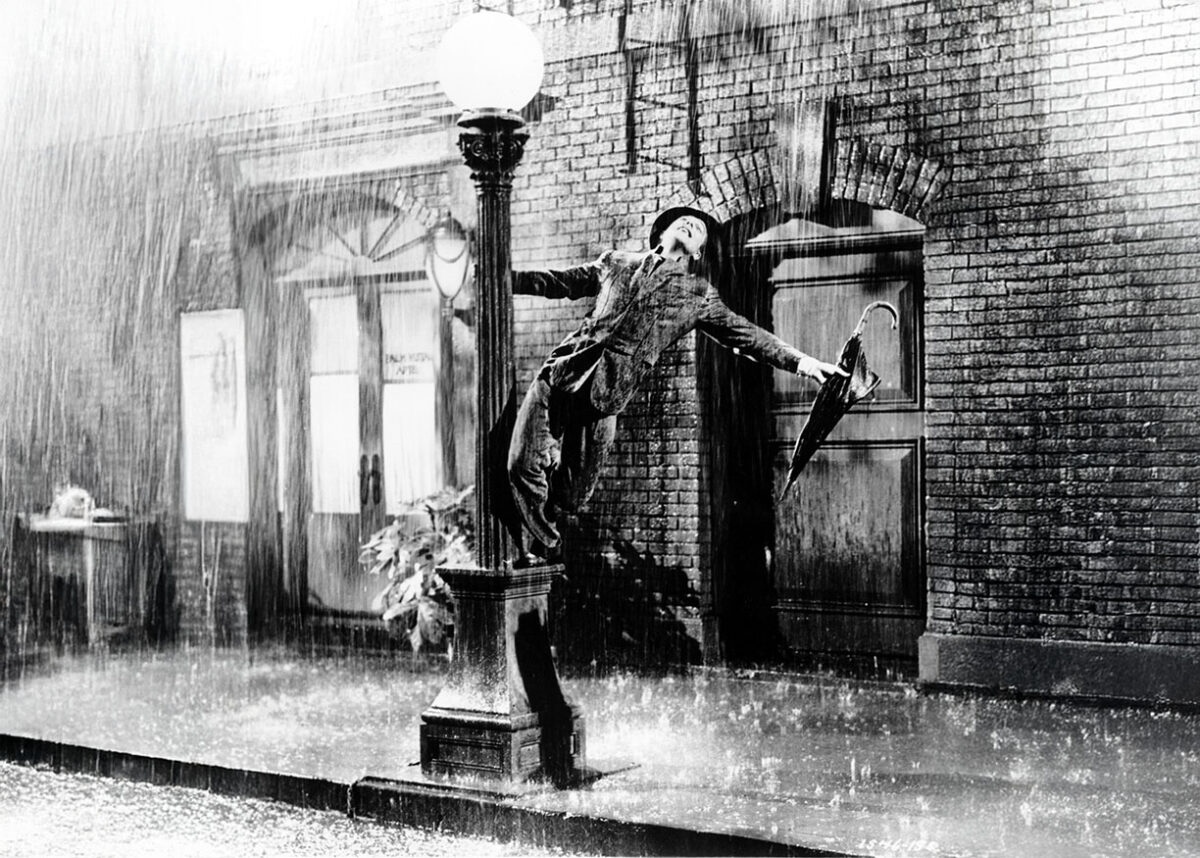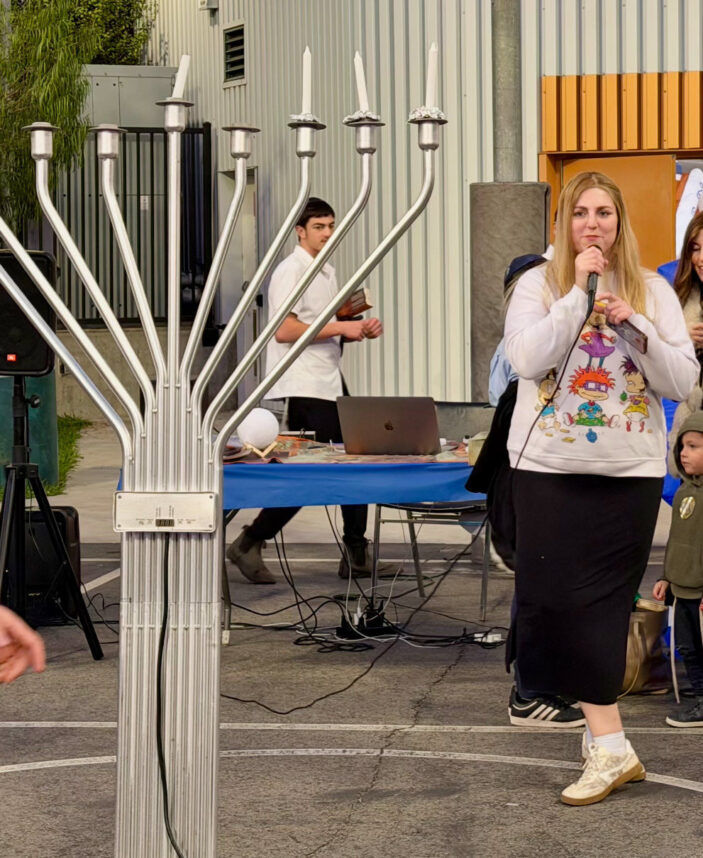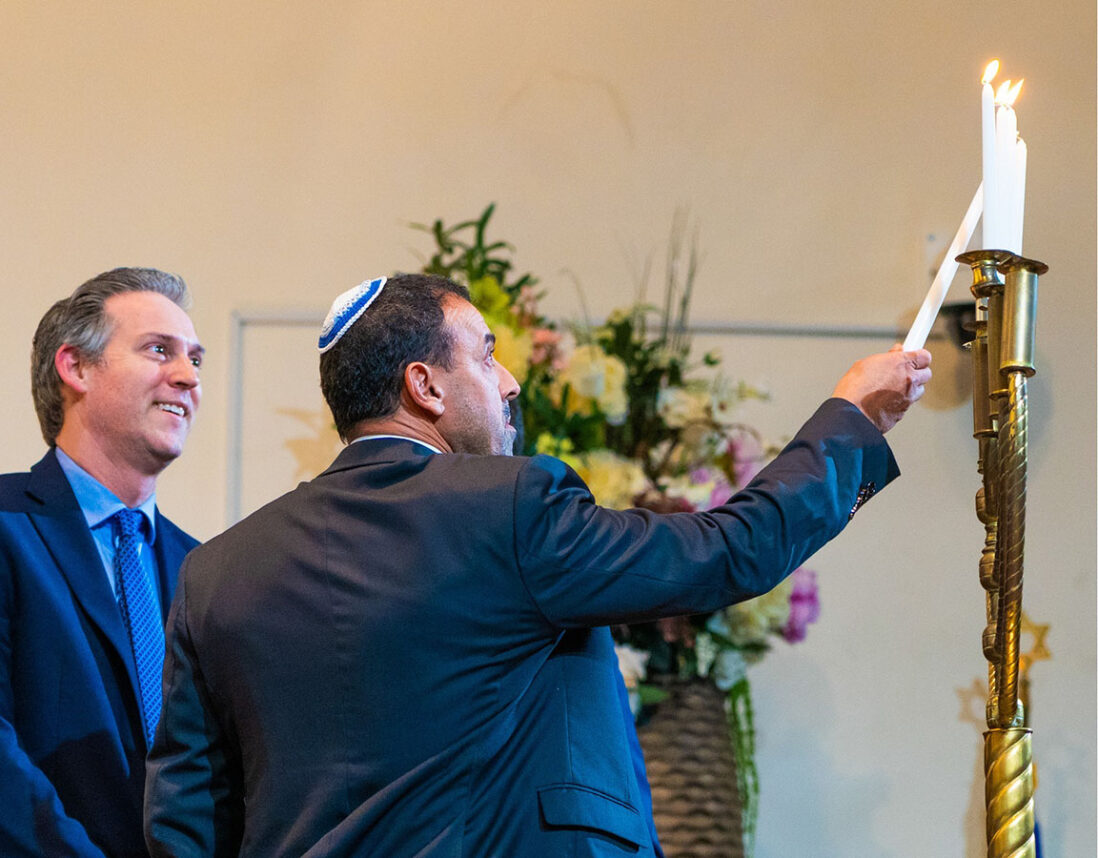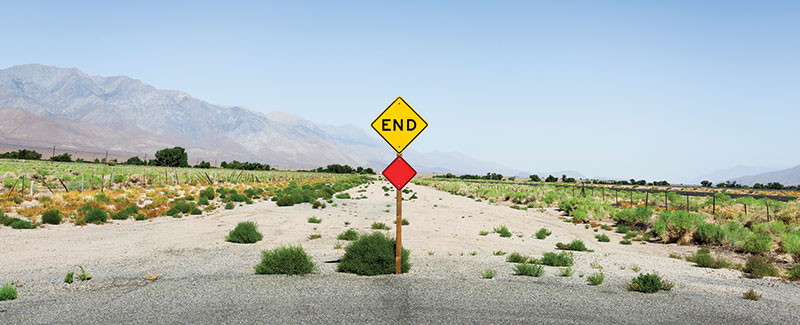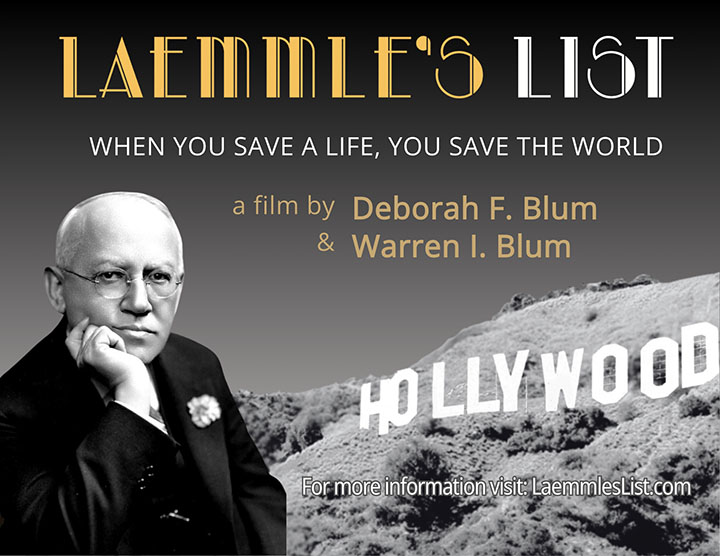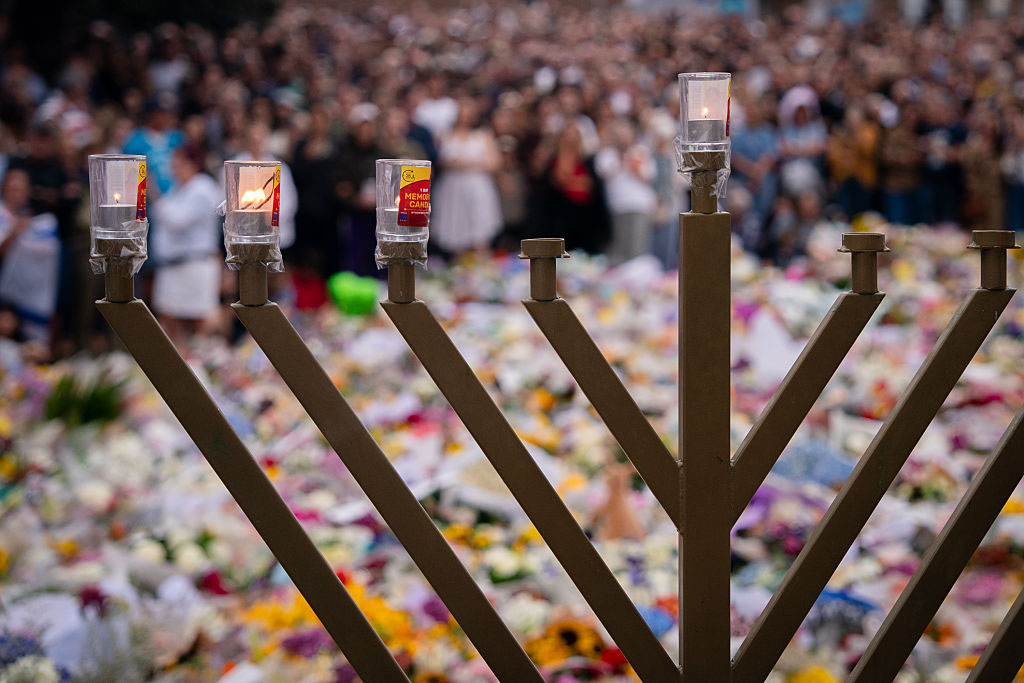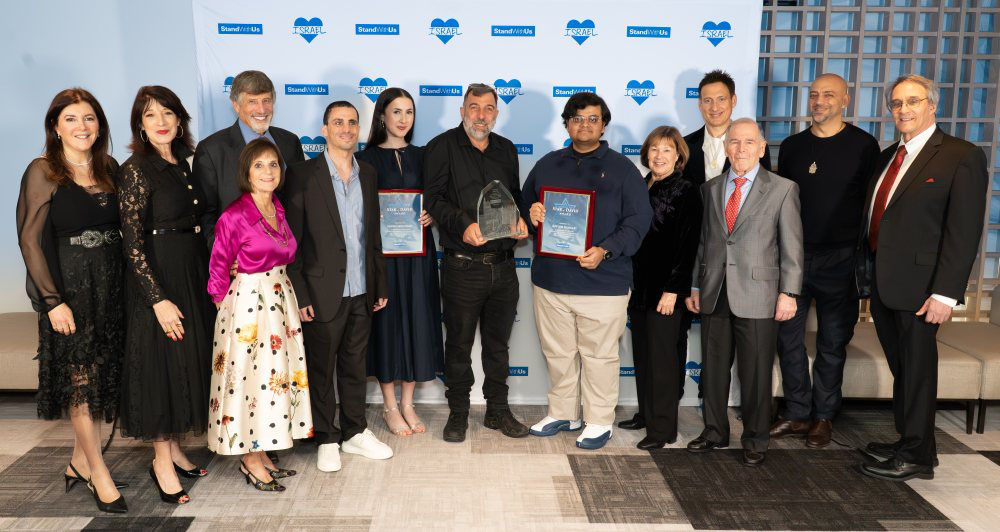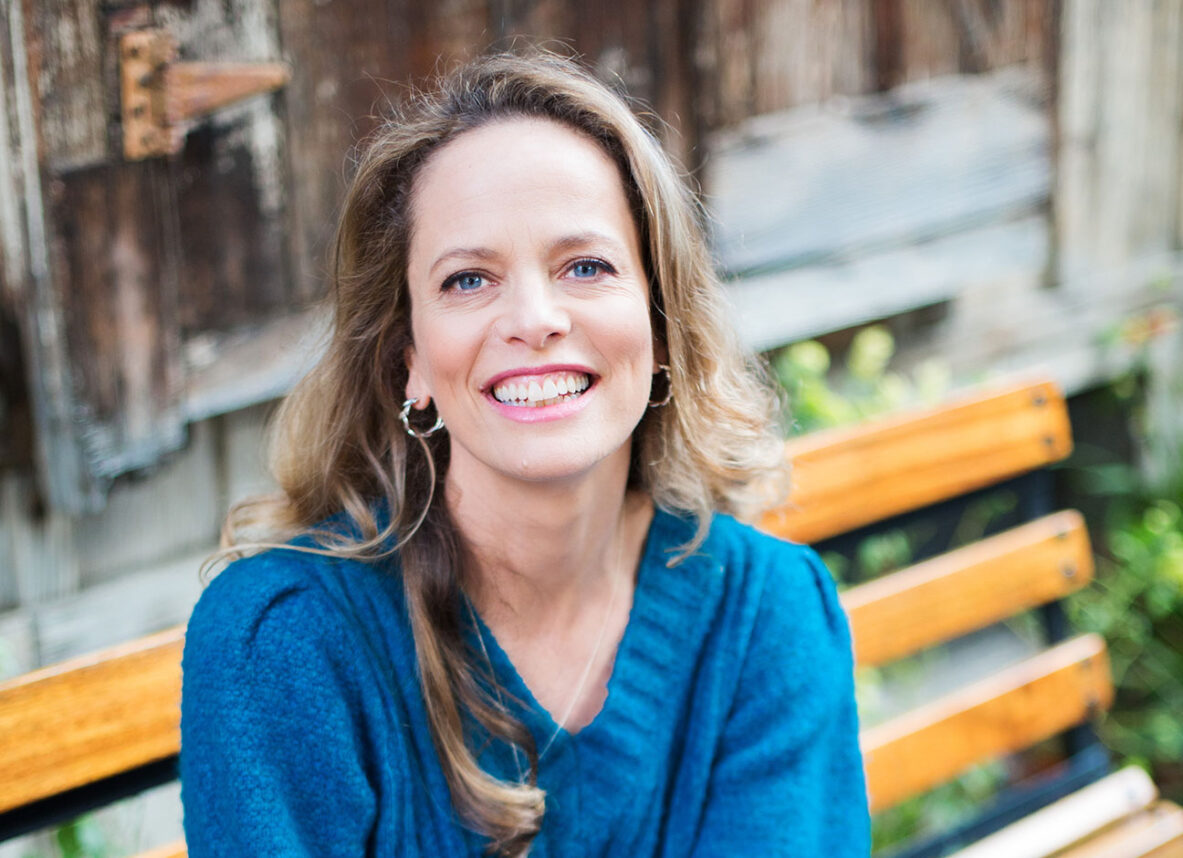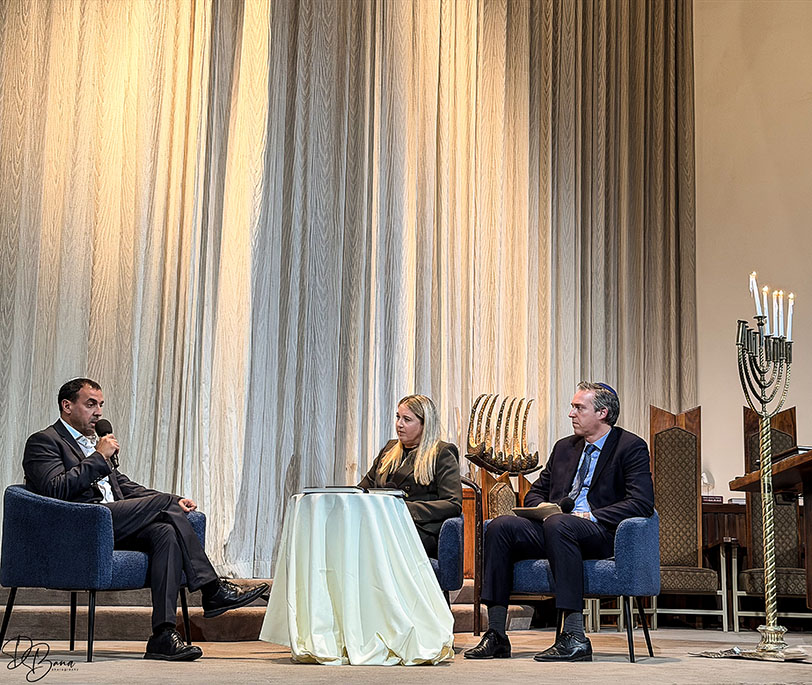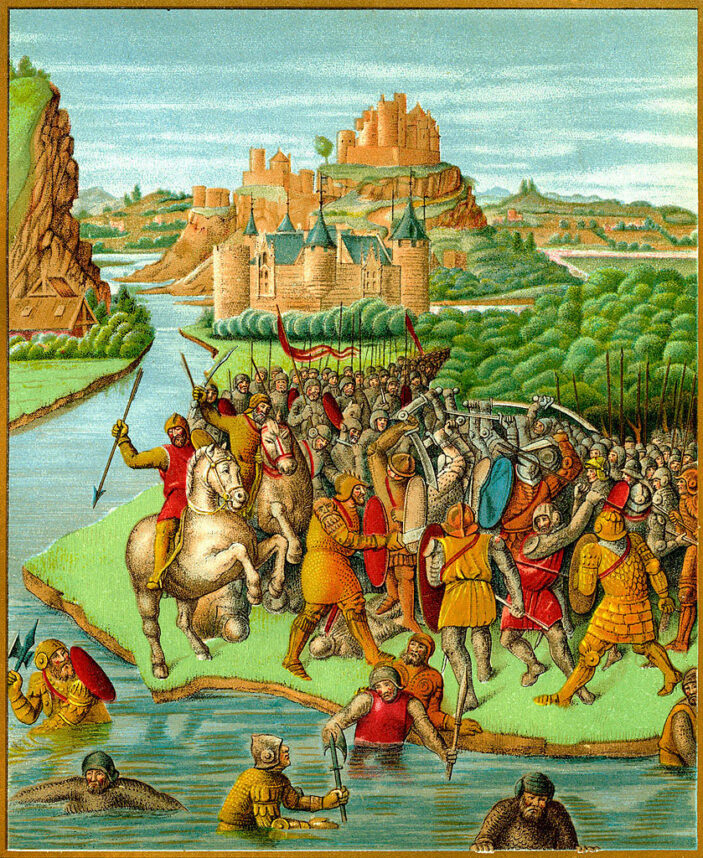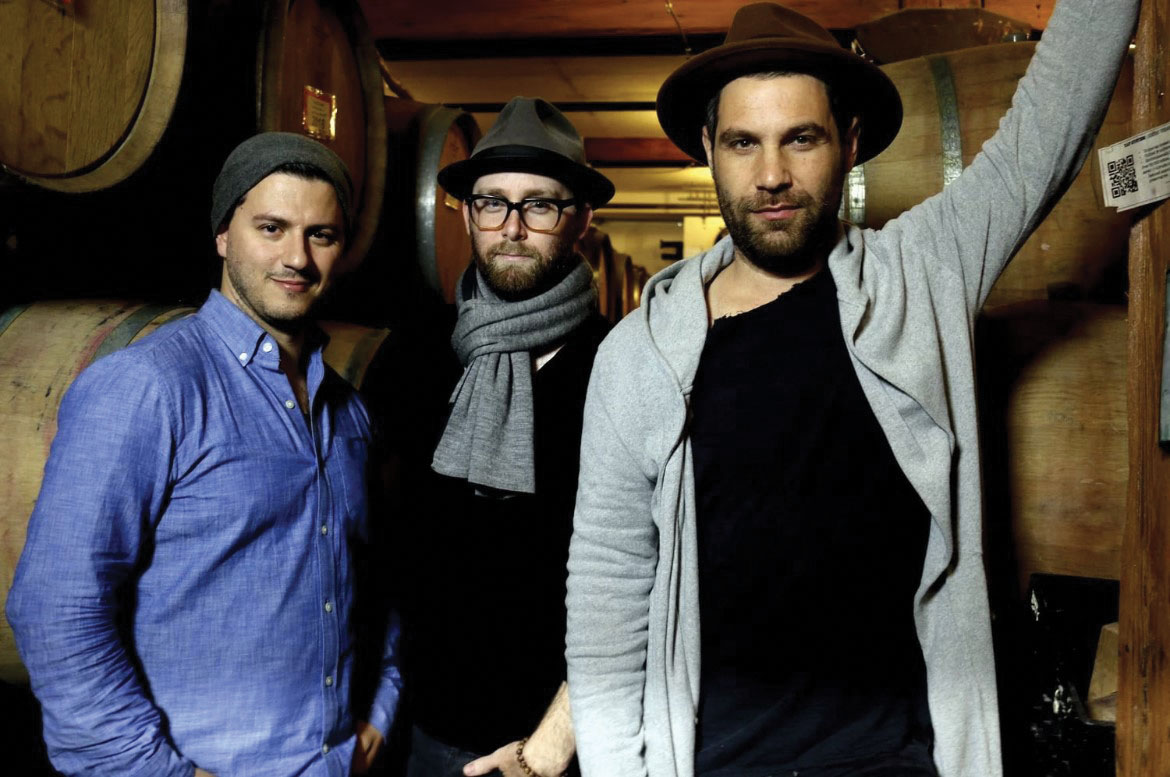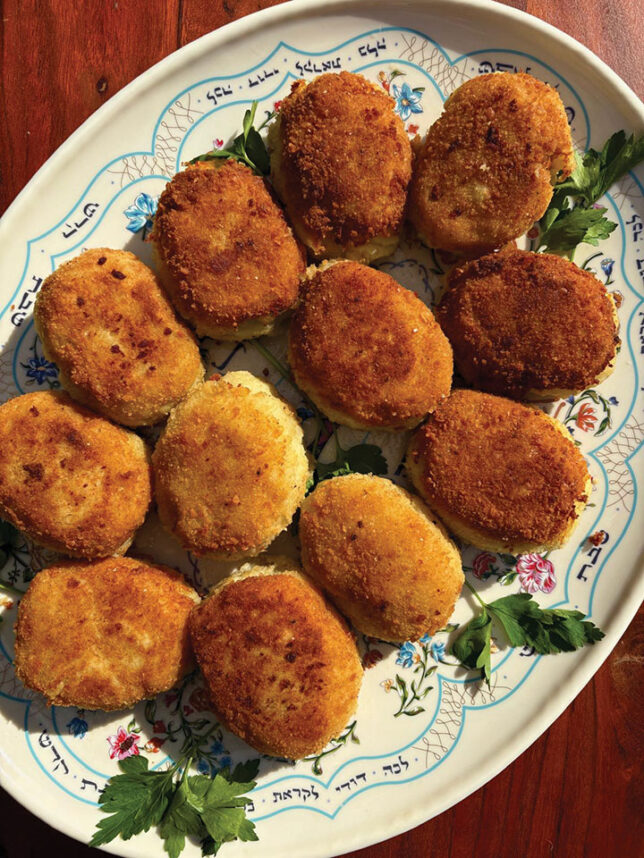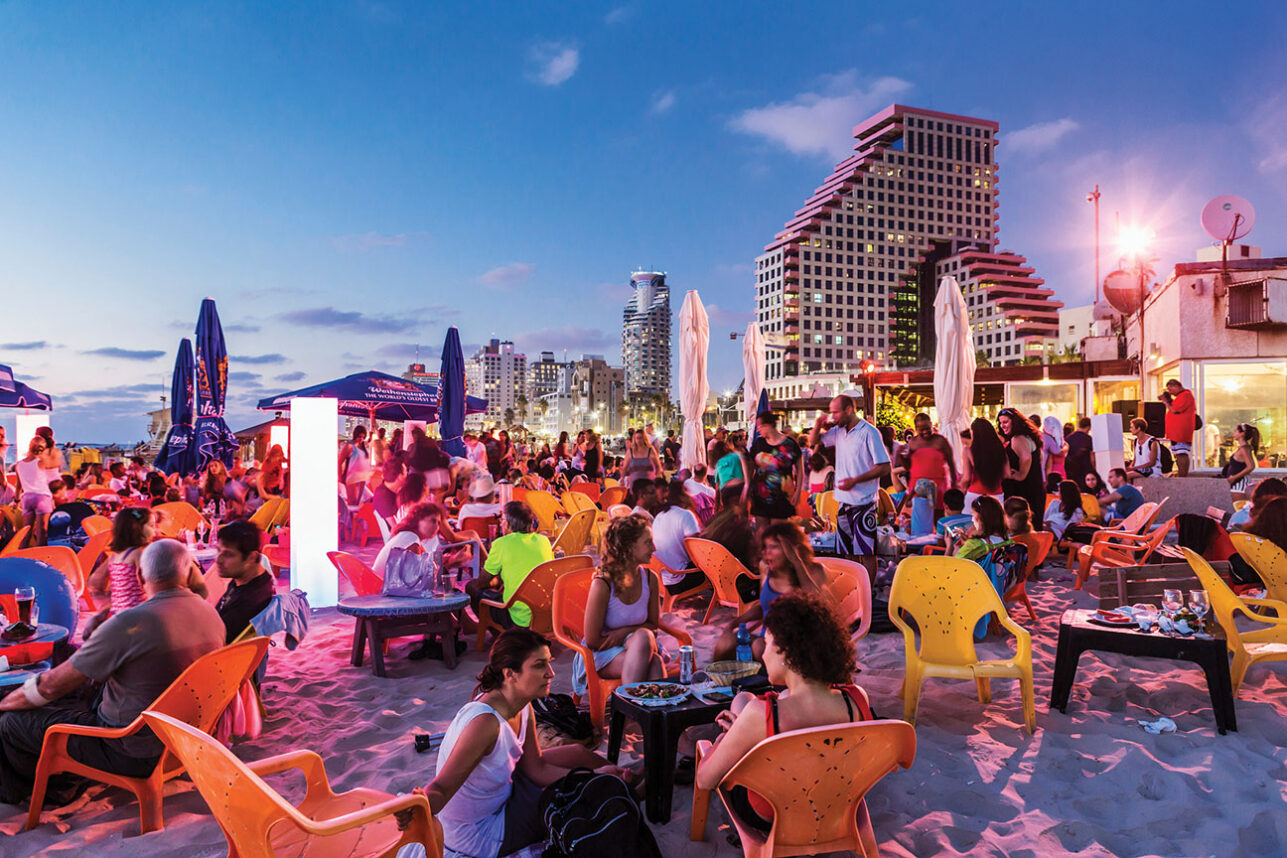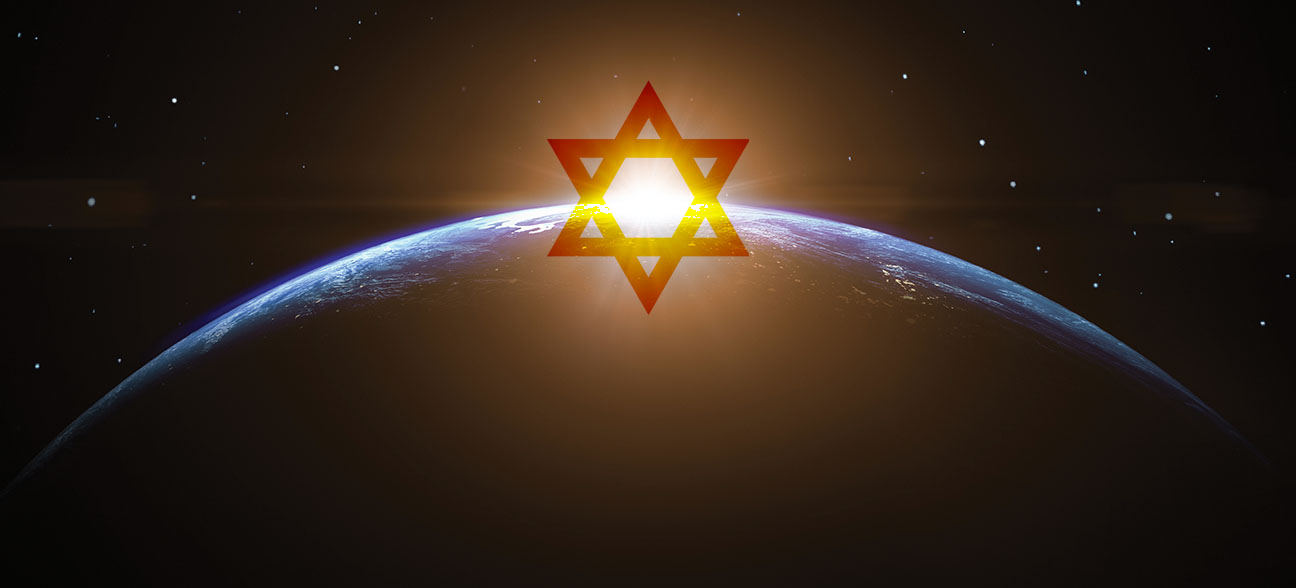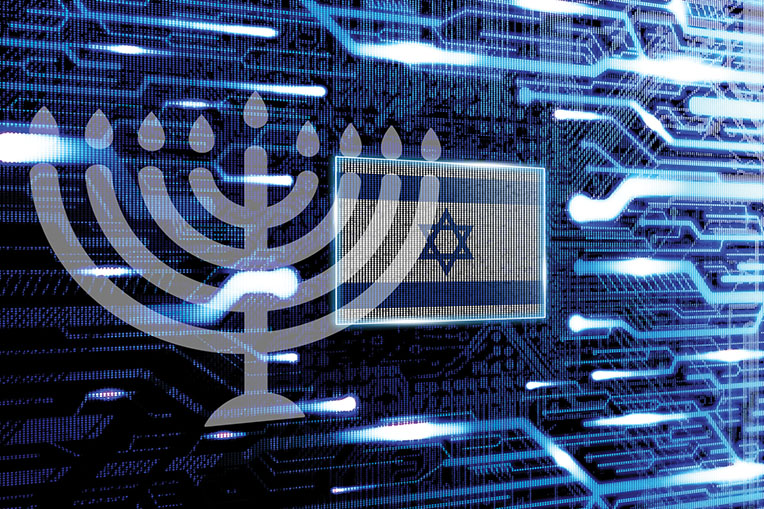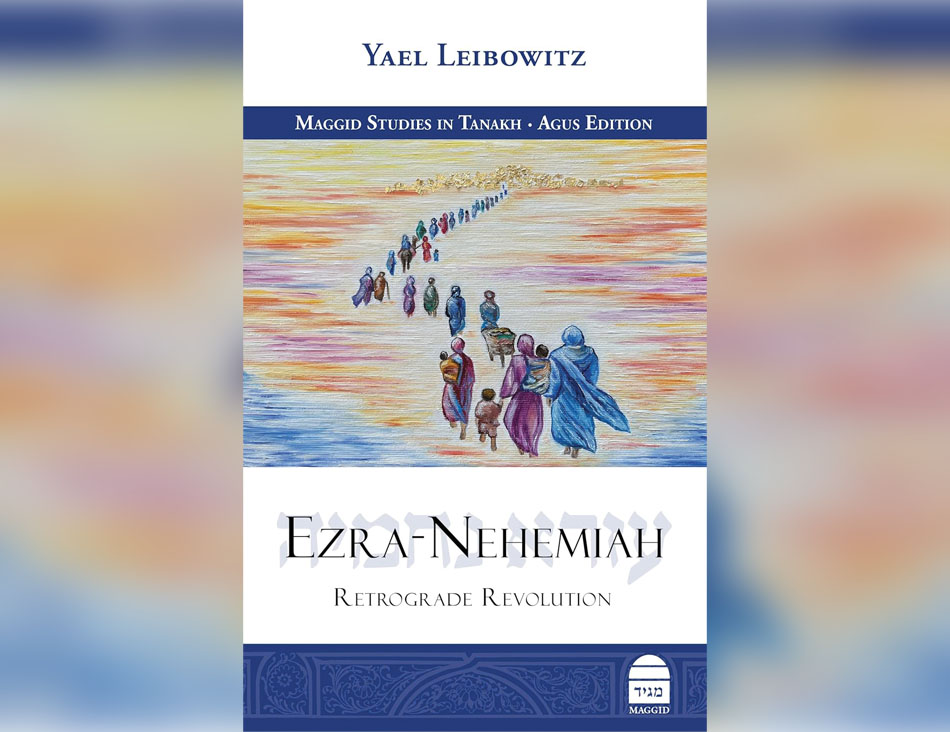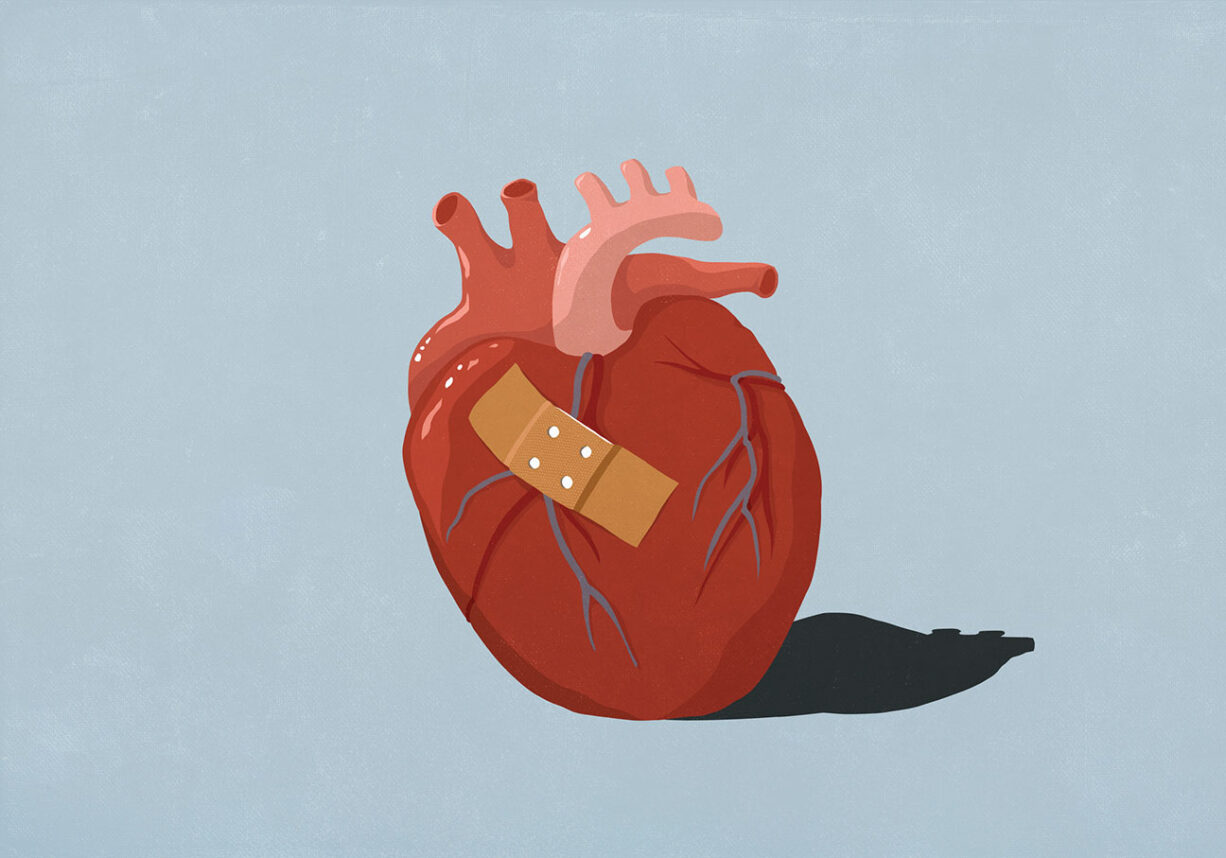This story originally appeared on themedialine.org.
In the course of a few short days last month, billionaire philanthropist Stewart Rahr spent half a million dollars to bring Holocaust survivors to the Auschwitz-Birkenau death camps in Poland; then he flew on to Israel, where he doubled the size of a fleet of emergency medical response vehicles, connected with a charity that helps Jewish and Arab special-needs children and another that feeds Israel’s poor; held back-to-back meetings with other charities and politicians anxious for a chance to interest the fast-moving Rahr’s generous fancy and capped it all off with a private meeting with President Shimon Peres.
All of which begs the question: Who is Stewart Rahr?
Rahr’s fortune, estimated by Forbes at about $1.7 billion, is self-made.
“You don’t accomplish what Stewart has by luck,” his friend Donald Trump said in a phone interview with The Media Line. The two became close when Rahr attended a charity dinner where the real estate tycoon was being honored and Rahr “just stood up and gave a million dollars. That’s the way he is,” Trump said.
It all began with the $30,000 in pharmacy inventory Rahr had to work with when he brought his father’s failed pharmacy into the world of distribution. According to Rahr, he focused on selling only to the little guy, “the underdog” — a distinction that remains key to his present-day philosophy of philanthropy. His company, Kinray, Inc., began with two employees. By the time he sold it to Cardinal Health in 2010 for $1.3 billion, it serviced 4,000 pharmacies.
Prior to his life-changing introduction to the world of distribution, Rahr, a Brooklyn native, had earned a degree from New York University and had completed one year of law school. He married, but has since divorced. He retains a close relationship with his former wife, with whom he had two children.
With his hard-won fortune, Rahr was equally driven to give back. He credits a taxi driver in Las Vegas for honing his perspective. “The driver would comment about the owner of each casino/hotel as we drove past,” Rahr said. “When we passed one particular landmark property, he said, ‘Someone should tell that guy that there are no luggage racks on top of a hearse.’ That was a tremendous example of what I live by today: You can’t take it with you. I’m blessed to have these billions of dollars. I just feel that I’m compelled; that I have a responsibility to give back to those less fortunate.”
Rahr’s friend Michael Levine, a commercial painting contractor, tells the story of how he met Rahr by chance three years ago, while having a lunch he’d won as the highest bidder in an auction to dine with Donald Trump and his children. Levine was sharing the story of his son Matthew’s battle with a rare kidney disease called FSGS when, from several tables over, a voice shouted out, “I want to help you save your son’s life. I want to help save these children’s lives.” About 10 minutes later, according to Levine, Rahr again shouted,, ‘Hey Michael, you’re talking so loud. If you talk a little lower, I’ll overnight $100,000 to the NephCure Foundation,” a nonprofit Levine supports that specializes in FSGS and Nephrotic Syndrome.
Rahr sent the money the next morning.
“That we met that day three years ago changed my life,” Levine said. “Stewart has become our largest donor in the world, close to half a million dollars.”
Rahr credits Michael Milken with inspiring him to sponsor medical-related causes — including some $20 million he has donated to Milken’s own foundation for prostate cancer research.
“We met three or four years ago when Stewart was thinking of selling his company, which he eventually did, and wanted to concentrate on his philanthropy,” Milken told The Media Line from Los Angeles. “Stewart and I speak five or six times a week and have many conversations on the leveraging of philanthropy — how you teach people to fish rather than give them fish. You get people to stand on their own two feet. He has an unbelievable heart and passion for anything he does.”
Passion — and notable flair. Rahr — whose friends call him “Rah-Rah” — often sports his trademark yellow sunglasses, a yellow wristwatch and yellow clothing. Why yellow?
“The sun will come out tomorrow,” he said.
Stateside, Rahr has been known for his high-profile, star-studded social life. But, he said, the celebrities he chooses to hang with all share his main passion: charity.
“Alicia Keys, Leonardo DiCaprio, Mark Wahlberg, LL Cool J, Tobey Maguire … I’m only attracted to those that I meet in the social [action] environment,” he said. “Those who don’t give, I don’t meet.”
Trading on his celebrity friends, Rahr invented something he calls “Rah-Rah Celeb-RAH-ty Trivia,” a game he plays each month with his “immediate circle friends,” about 720 strong.
“I meet people I know who are in the celebrity limelight — entertainers, politicians — and take pictures with them and send the photos to the list along with five or six questions. The first one to answer correctly receives a $5,000 donation to his or her favorite charity,” Rahr said. In the past six months, Rahr has donated about $1.5 million to more than 117 charities. He is currently speaking with producers about a philanthropy-based reality television project.
The charitable drive was much in evidence in the last two weeks of January. In Poland to commemorate Auschwitz Liberation Day, Rahr paid the way for Holocaust survivors, who traveled with about half of Israel’s legislators, to spend a memorable and moving 16 hours on the ground in Krakow, where the Knesset convened in a historic session far from the Jewish state.
From Poland, Rahr flew to Israel. He spent hours at Shalva, an institution for Arab and Jewish children with special needs. Before touring its existing facility, Rahr was joined by Jerusalem Mayor Nir Barkat at the construction site of a planned $50 million campus, comprised of a 200,000-square-foot, 11-story building surrounded by six acres of parks — all of which will serve thousands of children.
“Shalva is the first place a mother comes, straight from the hospital, if a child has special needs,” explained Shalva founder and chairman Rabbi Kalman Samuels.
Also on the Rahr docket was a visit to Leket Israel, the largest farm dedicated to feeding Israel’s poor — some 23.5 percent of its population, according to the Central Bureau of Statistics.
One of the highlights of Rahr’s time in Israel was a dramatic ceremony on a rooftop in Jerusalem’s Old City, where a crane hoisted a dozen new “ambucycles” — motorbikes outfitted with state-of-the-art lifesaving equipment — to provide the backdrop for United Hatzalah’s charity auction. It wasn’t long into the bidding that Rahr – just off the plane from Poland and not having slept in two days — took over the auctioneer’s prerogative from United Hatzalah founder, Eli Beer, and threw down a challenge to match pledges. Rahr’s dynamic rooftop performance saw the number of motorbikes he had already donated multiply to a total of 50 — worth more than $1 million.
Rahr said he is already preparing to return to Israel regularly, despite the 20-plus years between this trip and his last.
“It’s a constant turmoil here in Israel with what is going on,” he said, “but you get the feeling they have an attitude of survival. As you know, I’m all about victory for the underdog.”








